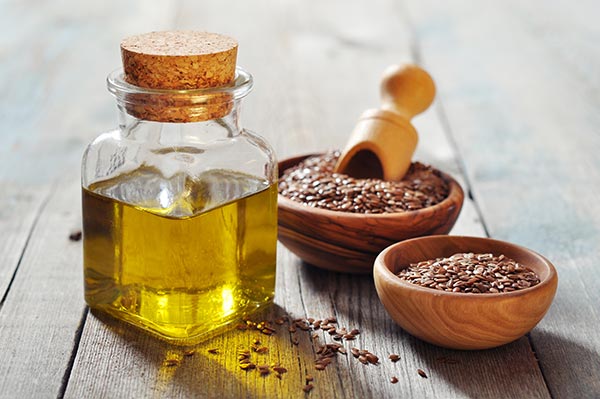Fresh, organic food at your fingertips: 7 Tips for shopping at a farmers market
01/27/2020 / By Darnel Fernandez

A farmers market is a place where farmers sell their produce directly to consumers. Today, farmers markets have expanded to incorporate not only fruits and vegetables, but also a variety of other items like artisan crafts and original art. Some even have local musicians and even theater troupes – making these farmers markets into a grand event for all to enjoy.
However, the true essence of any farmers market is to build connections with your community and support small, local businesses, while cutting out the middlemen like supermarkets. In addition, these markets also give you the easiest access to a wide selection of guaranteed organic produce, straight from the people who grew them, granting you some of the healthiest food options around.
Tips and tricks of the trade
Now that you understand what a farmers market can bring, here are seven tips that can help you make the most out of your shopping expedition.
- Bring cash. In many farmers markets nowadays, vendors have started to take credit and debit card payments for their produce. However, there are still quite a lot of the vendors that only accept cash, so its important to have some on hand. It is also recommended to bring smaller bills, or even provide exact change as some vendors might not be able to break larger bills.
- Talk to the farmers. There’s no better person to talk to about the produce you’re buying than the very same one who grew it. These farmers and other vendors know their products by heart and are usually more than happy to tell you about their wares and answer any questions you may have. This will also come in handy when dealing with exotic products or unorthodox foods as the vendors are more likely to know how to prepare them. (Related: 4 important questions to ask vendors at your local farmer’s market.)
- Timing is everything. The saying “the early bird gets the worm” may not always apply with farmers markets. Showing up early can help you avoid the crowds and get first pick at the inventory of more popular vendors. However, arriving late in the day can net you a really good bargain as many vendors may want to move inventory at closing time.
- Try before you buy. Vendors at farmers markets often offer free samples of their products. If you’re unfamiliar with certain products or if multiple people are selling the same type of produce, it might be best to try them all out before making a decision.
- Bring your own containers. While some farmers can provide you with a bag or container to put your purchases in, it’s often better to bring your own reusable bags, especially if you plan on buying a lot of items. In addition, bringing your own bags can reduce the waste you would have produced if you used disposable bags.
- Take a good look around and hunt for the best deals. Many people find it easier to just head to the nearest or most popular stall and buy all they need from there. However, they may be missing out on some great deals, unless they take the time to look around. Prices in farmers markets can vary from farmer to farmer, so it’s best to check everything out first before going on a spending spree.
- Simply enjoy the experience. There is absolutely no need to rush through anything as farmers markets are events meant to be enjoyed at a leisurely pace. These types of events are the perfect opportunity to develop a closer connection with your community and enjoy the sights, sounds and tastes all around you.
Learn more about the benefits of consuming organic produce for your health and the environment at Organics.news.
Sources include:
Tagged Under: clean food, farmers' market, food supply, Fresh, fruits, groceries, grocery, ingredients, local market, organics, shopping tips, vegetables, Veggies




















